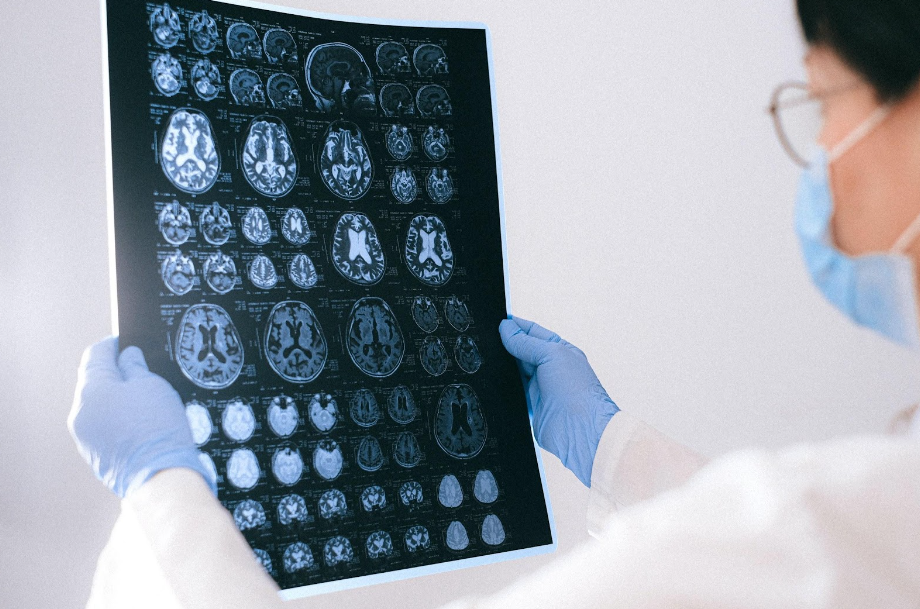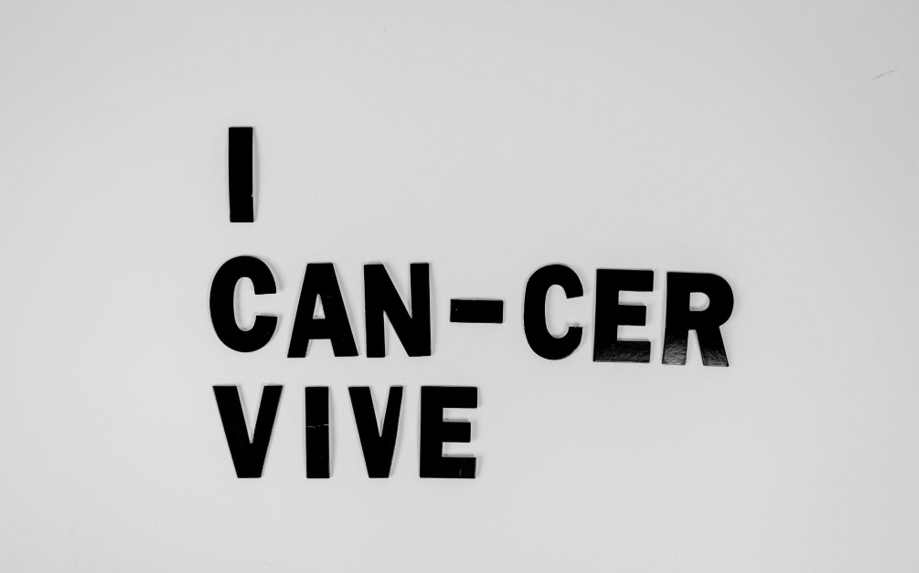Radiofrequency Ablation as Treatment for Non-Radicular Back Pain
Radiofrequency Ablation as Treatment for Non-Radicular Back Pain

Back pain is a common condition, and when it aggravates, the pain can make anyone's life difficult. Chronic back pain can also debilitate a patient. One of the treatments for such a condition is radiofrequency nerve ablation.
This procedure is often recommended when the pain is recurrent with no identifiable root cause. Suppose a patient with recurring back pain has had success with a nerve block injection. They may be a good fit for radiofrequency ablation—around 70% of RFA procedures successfully provide pain relief that lasts for over a year.
What Is Radiofrequency Ablation?
Radiofrequency ablation is also called rhizotomy. It is a minimally invasive and safe procedure that uses heat to burn the nerve causing the pain. The treatment uses radiofrequency waves to burn or ablate the nerves that send pain signals to the brain. The entire procedure—from start to finish—takes only 15 to 45 minutes.
Spinal arthritis and sacroiliitis-related chronic pain are both treatable with radiofrequency ablation. This procedure can relieve the pain in the facet joints, which are pairs of small joints present at the vertebral level of the spine. Two branch nerves carry signals from each of these joints to the brain. Radiofrequency ablation is also effective for the pain in sacroiliac joints, which are present at the lowest part of the spine. These joints also have a branch of nerves that carry signals to the brain and other body parts.
Who Is the Perfect Candidate for Radiofrequency Ablation?
Radiofrequency ablation is a possible course of treatment for patients who have had a diagnostic nerve/pain receptor block injection and felt relief.
Since the procedure uses fluoroscopic or X-ray waves, radiofrequency ablation is inadvisable for patients with an infection or bleeding issues. Moreover, it is strictly not for pregnant women.
It is performed in an outpatient procedure suite with access to fluoroscopy.
How to Prepare for Radiofrequency Ablation
While radiofrequency ablation is relatively safe, it is advisable to take a few precautions to avoid any pre-procedure or post-procedure complications. Here are some safety measures to keep in mind:
● During the first 24 hours following the procedures, patients are not permitted to operate any machinery or drive any vehicles. It is advisable to take leave from work and arrange for someone to drive you home.
● Patients planning to undergo radiofrequency ablation must stop their blood-thinning or antiplatelet medications before the procedure. It is recommended to do it only under the guidance of your doctor.
● Your medical practitioner will advise you not to eat or drink anything after midnight the night before the procedure. However, you can have a little water if you need to take medicines.
● You can bring all your other medications to the hospital, so you can take them after the radiofrequency ablation procedure. It is recommended to share all your ongoing treatments and medicines with the doctor when discussing the details of the procedure.
● Diabetic patients who take insulin need to take extra precautions and will have to adjust their insulin levels. The practitioner performing radiofrequency ablation will probably advise you to take insulin after the procedure. Remember to consult with your doctor and get the go-ahead.
● Share all medication allergies with your doctor.
What Happens before the Radiofrequency Ablation Procedure?
Before the procedure, the doctor will have a detailed discussion with you. They will also review your previous treatments and imaging studies to plan the location for the ablation. During this discussion, you may direct all your queries to the doctor and ask about whatever has been bothering you.
The medical practitioner performing the radiofrequency ablation will also advise you to stop taking a few medications, like aspirin, a few days before the procedure. You can discuss your ongoing treatment plans with your doctors and determine the best way to stop your other medications.
What Happens During the Treatment?
On the day of the procedure, you will be asked to sign consent forms. Moreover, you will have to confirm your allergies and provide details of any other medicine you might be taking.
Preparation
During the procedure, the patient will be awake, and in their senses, so they will be able to make out what is happening. However, a local anesthetic will be given to numb the area where the procedure needs to happen. It will be applied to the skin on your lower back.
The practitioner will ask the patient to lie on the x-ray table and may give a low-dose sedative. The doctor may also seek some feedback from the patient during the procedure. The sedative could also be given intravenously (IV).
Needle Insertion
This technique is similar to that of diagnostic blocks. The doctor will insert a thin hollow needle into the affected area and use a fluoroscope or a special x-ray in order to see the real-time images on the monitor. This is to make sure the needle goes to the right area. The doctor may also inject contrast to confirm the needle’s location.
At this point, the patient will not experience any pain due to the anesthetic. But they could experience slight discomfort or pressure. The doctor will discuss this with you during the procedure.
Heating Current
The doctor will then provide a numbing medication when the needle is in the right position. The next step involves passing a radiofrequency current through the needle, which will create a slight burn in the portion of the nerve that transmits pain signals to the brain. This burn is called a lesion and is very small in size.
This process of passing the current and creating a burn takes only about 90 seconds. However, it is done on multiple sites in the nerve.
Post-treatment Care
Radiofrequency ablation is a minimally invasive procedure, and the patient will be able to walk immediately after it. However, the doctor may want to monitor you for a short time. After that, you will be allowed to leave the hospital, but keep in mind that you will not be able to drive.
You will most likely be up and about within 24 to 72 hours after the procedure. There may be some residual pain due to nerve ablation or muscle spasm. It may last for up to 14 days. The chronic pain, the target for this radiofrequency ablation, will be gone within ten days. But for some patients, it can take up to three weeks.
Your doctor will schedule a follow-up appointment to determine the efficacy of the treatment. The patient can discuss any problems and future treatments during this meeting.
What Are the Benefits of Radiofrequency Ablation?
One of the biggest benefits of radiofrequency ablation is its efficiency. It is an effective treatment that can provide immediate pain relief without the need for surgery. The procedure requires little to no recovery time, and the patient can start walking immediately after the procedure.
Moreover, the patient will no longer depend on medications to treat or live with nagging and debilitating pain.
What Are the Side Effects of Radiofrequency Ablation?
While radiofrequency ablation is a safe procedure with a minimal possibility of complications, a few reported side effects include a temporary increase in nerve pain, neuroma, localized numbness, and allergic reactions to medications used during the procedure. Since this is a type of procedure that breaks the skin, it also brings with it chances of infection. However, it is less than 1%.
In some rare cases, the patient can experience no pain relief, but the possibility of that is minimal.
The experts at IGEA Brain, Spine & Orthopedics have a deep understanding of complications relating to the brain, spine, or orthopedics. If you are suffering from chronic back pain and are in need of relief, connect with our specialists across NJ and NY. Book an appointment or call 866-467-1770.







